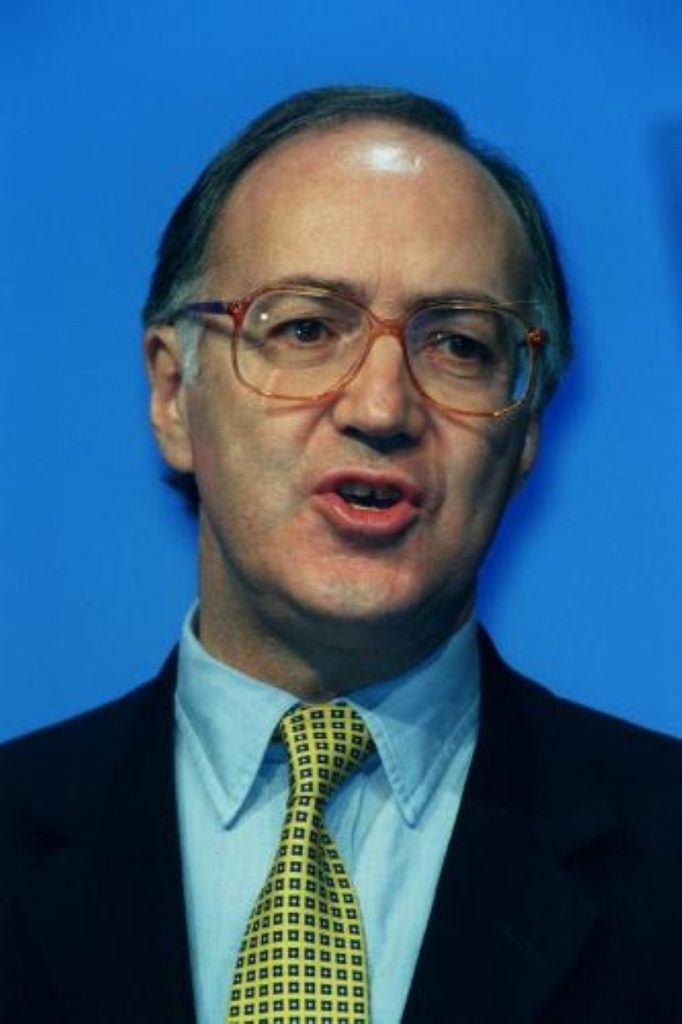Howard says developing world governments must reform
Corruption and inefficiency in the governments of developing countries must be tackled if international aid is to be spent properly, Conservative leader Michael Howard said today.
He insisted governments “must be accountable” to their people for how aid money was spent and that aid should not end up “lining the pockets of corrupt governments”.
However, he also said that European trade tariffs were “immoral and hypocritical” and proposed an advocacy fund to help poorer countries in world trade negotiations.
Launching the Conservatives’ manifesto for international development, Mr Howard said they would match Labour’s spending on aid and its target of spending 0.7 per cent of GDP on aid by 2013.


But in countries that were ‘badly’ governed the UK would distribute its aid through non-governmental groups.
“We have a duty to ensure that aid gets through to the right people – and doesn’t end up in the bank accounts of the governing elite,” he said.
Reform in developing countries was needed to ensure transparent government and the operation of the rule of law, he added.
“Money released by debt relief [must be] put to good use and does not line the pockets of corrupt governments.
“Recipient governments have to match our commitment by providing good and accountable government to their own people.”
However, Mr Howard said the high import tariffs imposed by wealthy countries were preventing many developing countries from lifting themselves out of poverty, and vowed to press the EU to allow those countries tariff-free access to European markets.
“Protection for developed countries at the expense of the developing world must come to an end. It is both immoral and hypocritical. Instead of putting up barriers, we need to open our markets to the developing countries,” he said.
He also called for the establishment of an advocacy fund, paid for by the developed countries, that would help poor countries “fight their corner” in international trade disputes.
But Hilary Benn, the International Development Secretary, said that the Conservatives’ record in government showed they couldn’t be trusted with international development.
Mr Benn said: “When they were last in office, the Tories halved Britain’s aid budget.
“Between 1979 and 1997 the Tories cut the aid budget as a proportion of national wealth from 0.51% to only 0.26%.” He added: “In 1992, their manifesto expressed their commitment to meet the long-term UN target of 0.7% of GNP – but they then proceeded to cut the aid as a percentage of national wealth even further. Why should we trust the Tories to act differently this time?”
And Tom Brake, the Liberal Democrats spokesman on international development also pointed to international development cuts whilst in office and said that he didn’t believe the Conservative pledges would last beyond an election.
He said: “Today’s commitment to increase the aid budget does nothing but match the Government’s plans and is dependent on the Tory’s fantasy economics put forward in The James Review. Their pledge will not survive much beyond the date of the next general election.












